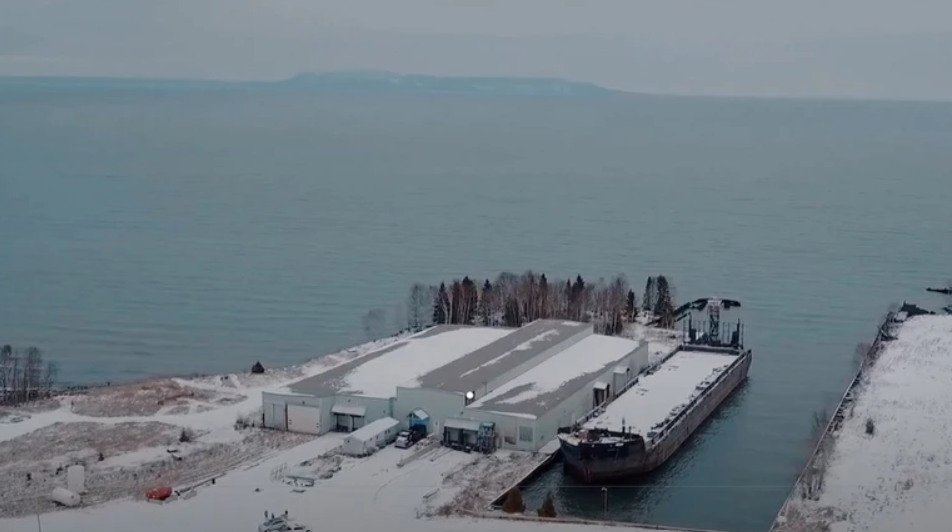Avalon PEA values Ontario lithium plant project at three times higher than costs

A preliminary economic assessment (PEA) for Avalon Advanced Materials’ (TSX: AVL) Lake Superior Lithium processing plant in northern Ontario boasts a project with a net present value more than three times higher than its capital costs.
The PEA for the lithium hydroxide processing facility in Thunder Bay, released on Tuesday, outlines an after-tax NPV of C$4.1 billion (at an 8% discount rate), initial capital costs of C$1.2 billion and with a 30-year operating life. Total capital costs are pegged at C$1.3 billion and the internal rate of return is 48%.
“We are extremely pleased with the positive outcomes of the PEA and will be advancing the project with a strong focus on environmental sustainability,” Avalon CEO Scott Monteith said in a news release.
“These results reaffirm our view of the project’s robustness and substantial economic potential for the company, province and the country. The project is poised to provide high-quality, battery-grade lithium hydroxide to supply Canada’s projected demand from the rapidly growing EV industry.”
Avalon shares surged 20% on Tuesday morning, valuing the company at C$34 million.
Price slump
The study’s release comes as lithium carbonate prices remain in a slump after losing most of their value since last summer, though Avalon has continued to push the project forward.
Last March, the company made a C$15 million deal with creditor Lind Global Fund II to accelerate work on the plant, just a month before it started work on the PEA.
The study envisions design capacity for annual production of 30,000 tonnes of battery grade lithium hydroxide, and assumes a spodumene concentrate price of $1,000 per tonne over the project’s life.
The plant will utilize the environmentally-friendly Metso lithium conversion technology, an acid-free method that eliminates the use of hazardous reagents and produces a byproduct that is a mixture of sand and limestone.
The byproduct can be used to make construction materials, Avalon says.
The facility would benefit from a federal Clean Technology Manufacturing Industrial Tax Credit of 30% that was applied against the initial capital cost.
Regional lithium sources
Spodumene for the plant is expected to be sourced through offtake agreements from neighbouring mines, and possibly from Avalon’s Separation Rapids lithium joint venture with SCR-Sibelco.
That project, located about 500 km northwest of Thunder Bay near Kenora, hosts 10.1 million measured and indicated tonnes grading 1.35% lithium oxide (Li2O), and 2.8 million inferred tonnes at 1.38% Li2O, according to a resource update released just over a year ago.
Another resource update is planned for the third quarter of this year, Avalon says. The company is also advancing its Snowbank target at Separation Rapids, and the remote Lilypad lithium-cesium project, located 370 km north of Thunder Bay.
While there are no producing lithium mines in Ontario, some explorers in the province’s northwest are advancing promising projects. Prominent among them are Green Technology Metals’ (ASX: GT1) Seymour project 230 km northeast of Thunder Bay; Pan American Energy’s (CSE: PNRG) Big Mack project, and Frontier Lithium’s (TSXV: FL) PAK project, both north of Kenora.
{{ commodity.name }}
{{ post.title }}
{{ post.date }}




Comments